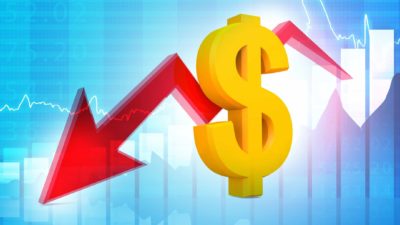The Virgin Australia Holdings (ASX: VAH) share price has once again hit a 52-week low of 18 cents despite not releasing any news to the market. The share price has been hovering around this level since late December.
2018 was a steadily negative year for the Virgin Australia share price, falling a whopping 35% despite FY18 financial performance being decidedly positive.
Although the company posted a statutory loss of $653.3m for FY18, this was largely due to restructuring costs as well as $572.7m of non-cash accounting adjustments. The performance of the company's underlying business reflected another story.
The company posted $109.6 million in Underlying Profit Before Tax, the highest in a decade. It's worth noting that this was achieved despite a $45 million fuel price headwind. Other highlights include a 113.1% increase in Free Cash Flow and a record cash balance of $1.4 billion.
Despite all this, the share price failed to respond favourably. Significant improvements in the underlying business have failed to impress shareholders.
Why?
When looking at Virgin Australia, it's important to understand that this is not your typical ASX stock.
The Virgin Australia shareholder register is notoriously crammed. Only about 7 – 8% of issued shares are available for trading, with the rest being locked up with large strategic investors. The company has received substantial pressure to be privatised, but management continues to reject such a move.
Management's decision against privatisation is likely the major source of poor share price performance despite improving underlying operations. A going-private transaction would allow existing shareholders to realise a premium to the current share price.








